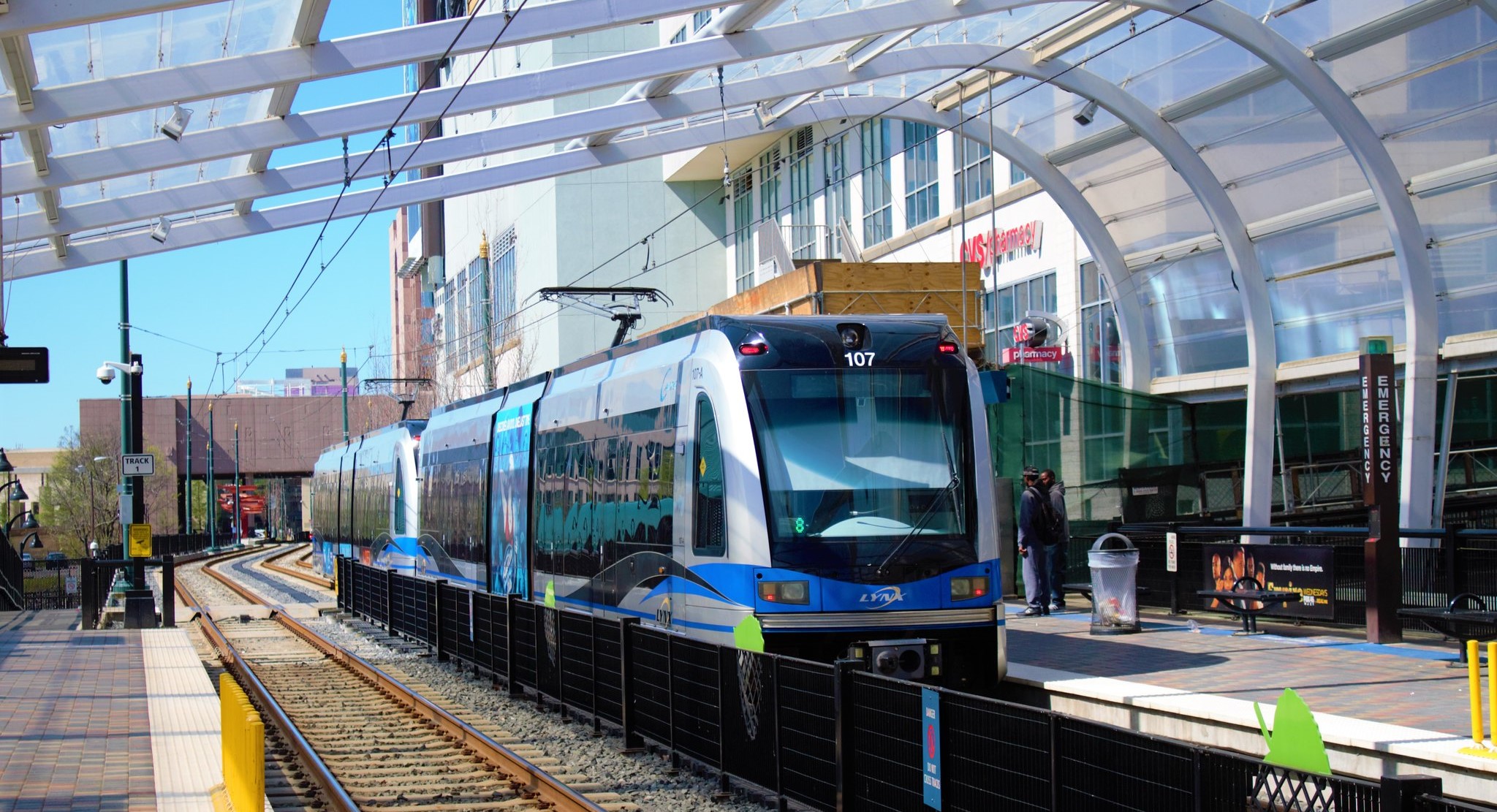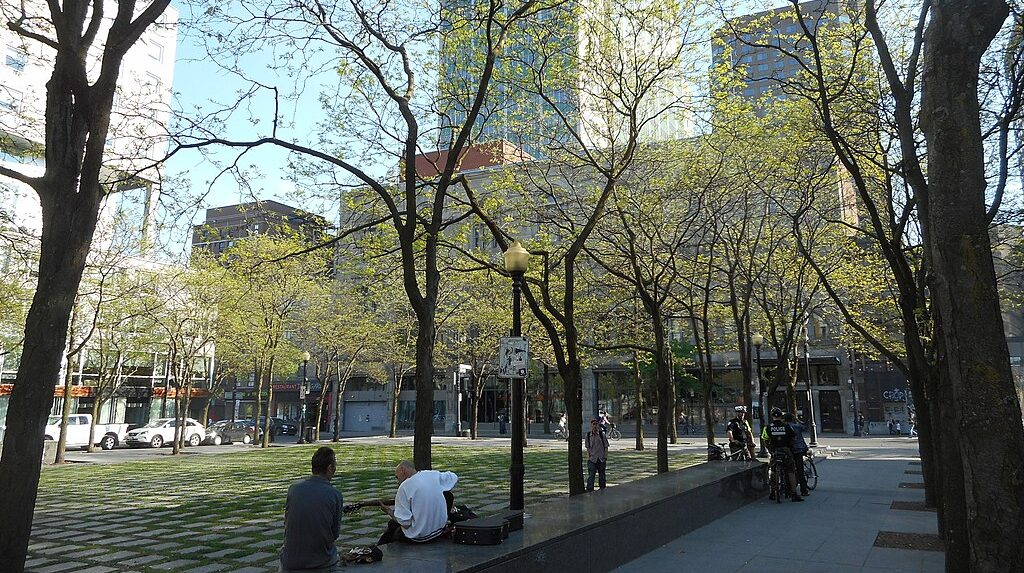Interstate 66, a planned multi-billion-dollar road through the heart of Appalachia, has become a quintessential "zombie highway," holding on long after economists dismissed its potential -- thanks largely to Rep. Hal Rogers (R-KY), who has earmarked $96 million for the project even as its chances of going beyond Kentucky dimmed to virtually nil.
 A sign first posted in 2005 by former Gov. Ernie Fletcher (R-KY), who was later indicted on hiring fraud charges. (Photo: KentuckyRoads.com)
A sign first posted in 2005 by former Gov. Ernie Fletcher (R-KY), who was later indicted on hiring fraud charges. (Photo: KentuckyRoads.com)But I-66's checkered run, which has brought much planning and local cheerleading but zero construction work, could be coming to an end. The Louisville Courier-Journal reported today that the Kentucky Transportation Cabinet has stopped work on a major portion of the highway, citing lack of funding:
Because ofits decision to pull back, the cabinet missed a key June deadline tofinalize a major environmental study of the 28-mile segment of the roadthat would run through Laurel and Pulaski counties, the heart ofRogers’ 5th Congressional District. ...
“Sincethe end of 2008, the project’s been dead in the water,” said JohnSacksteder of HMB Professional Engineers Inc. and the project managerfor the London-Somerset portion of the road. “We were told (by theKentucky Transportation Cabinet) to wrap up what we were working on andto set it on the shelf until further notified.”
Of course, the biggest reason for skepticism about I-66's official cancellation is Rogers himself, who remains a senior member of the purse string-wielding House Appropriations Committee and told the Courier-Journal that he was "unmoved in [his] commitment" to seeing the highway built. The administration of Gov. Steve Beshear (D-KY) also continues to support Rogers' work on the road.
But even if I-66 lurched back to life in the coming months, the four-land highway still would face stiff challenges from environmental groups. The Kentucky Resources Council is one such local opponent, having taken on the state government in 2007 for attempting to exempt I-66 from an existing river-protection law.
As conceived, I-66 also would cut through hundreds of acres of the Daniel Boone National Forest, raising the prospect of significant environmental degradation in the area. (Incidentally, Kentuckian explorer Boone was the original namesake of the controversial road, but Rogers later took over that role.)





